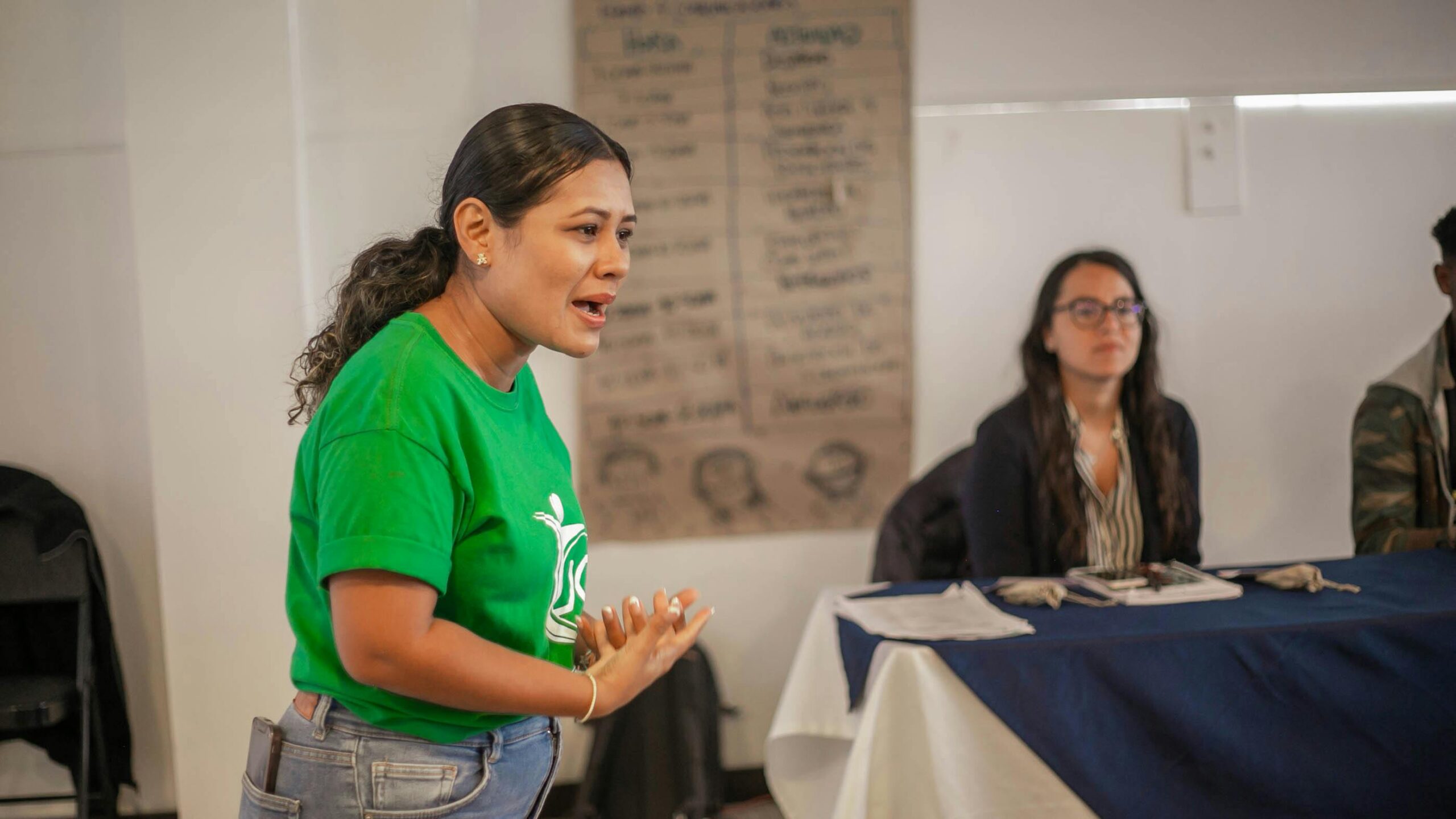Addressing Challenges on the Journey to Equity, Inclusion and Justice
This post originally appeared on the Foundant Technologies blog. Last fall we asked our clients to share the work they’re doing in the areas of justice, equity, diversity, and inclusion and, no surprise, they went above and beyond. We are truly inspired by their responses and our follow up conversations, and look forward to sharing these... Read More





